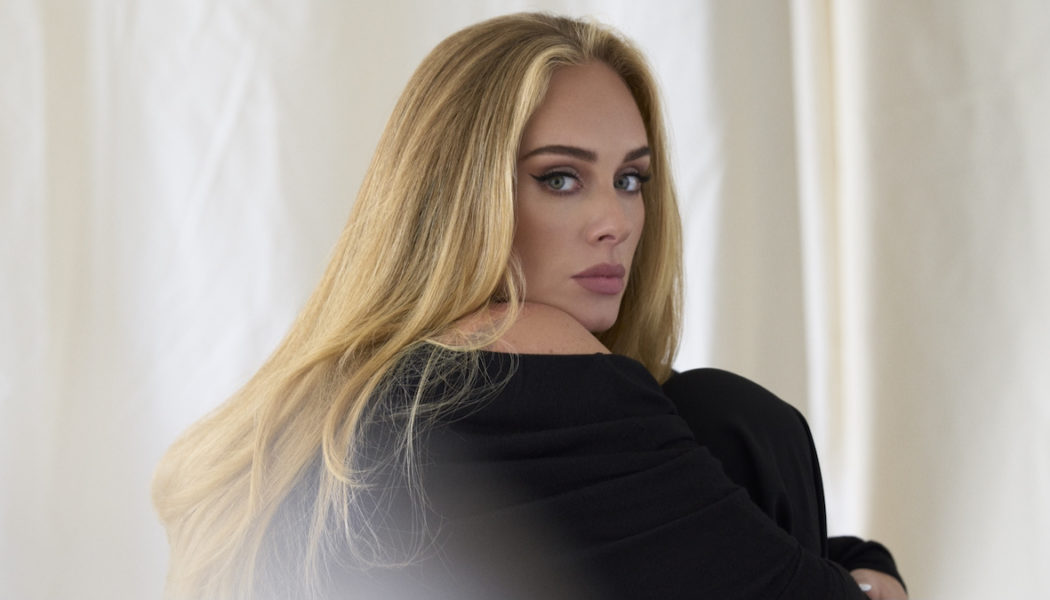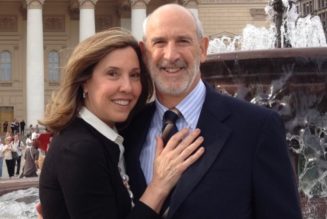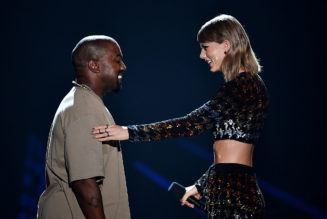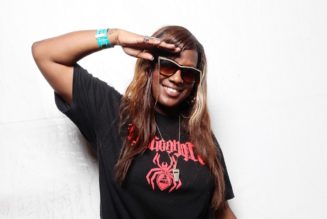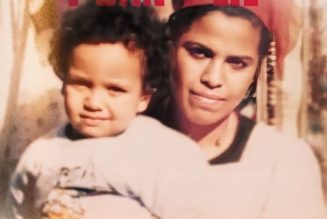
“To be loved and love at the highest count, means to lose all the things I can’t live without.” When Adele croons that line on the devastating piano ballad “To Be Loved,” one gets the impression that it is not only emblematic of her latest album, but also the journey of the past six years of her life.
On the surface, 30, out Friday (November 19th), could be perceived as a divorce album, but it’s more than that: It’s about depression, new love, rebirth, choosing the harder road even if it means self-preservation. Here, the singer digs deeper than she ever has before.
Though Adele has always mastered the art of remaining notoriously private, despite being one of the biggest pop stars in the world, 30 unveils the extreme change she’s experienced over the years.
The world has been growing with Adele since the release of her striking 2008 debut 19, which revealed a young artist as an “old soul.” Her 2011 follow-up 21 channeled the painful emotions of a failed relationship with balladry, blues and soul. Just a year later, she’d give birth to her son, Angelo, and in 2015 she’d stray from the breakup narrative that came with her previous work with 25.
What remained consistent throughout each release was the singer’s powerhouse vocals — brassy falsettos that could have been the lovechild of Amy Winehouse and Celine Dion.
That hasn’t changed with Adele’s latest record. What has is how unflinchingly honest she’s become. It’s not that she hasn’t been in her previous work; introspection has been at the heart of many of her best songs, as she’s meditated on her reluctant acceptance to grow older (“When We Were Young”), taken aim at gossiping friends (“Rumour Has It”) and unleashed rage over a cheating ex (“Chasing Pavements”).
